News & Articles

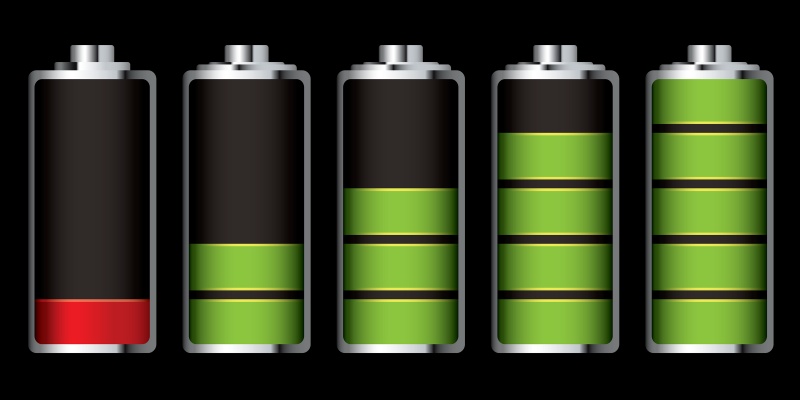
What Is Lithium Battery Protection Mode?
IMPROVE lithium batteries are manufactured with the safest lithium chemistry, lithium iron phosphate (LiFePO4). LiFePO4 batteries are best known for their strong safety profile, the result of extremely stable chemistry.
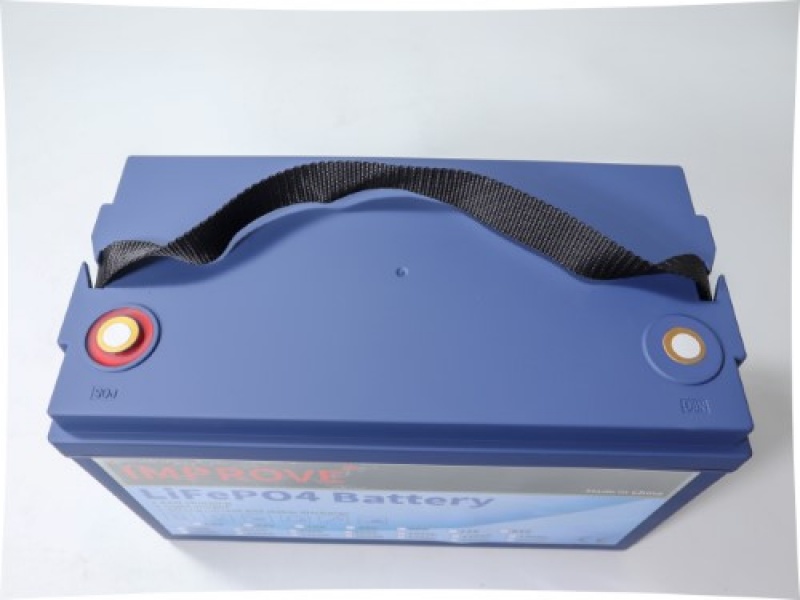
Why Battery Management Systems Are Important in Lithium Iron Phosphate Batteries
At IMPROVE, all our lithium iron phosphate batteries include an internal or external BMS. Let’s have a look at how a IMPROVE BMS protects and optimizes the operation of a lithium iron phosphate battery.
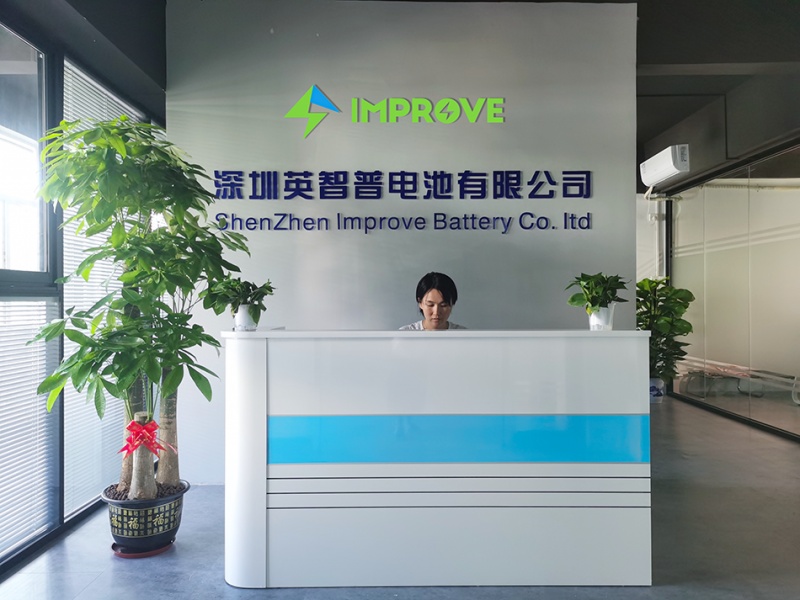
China LiFePO4 Battery Factory Supplier
ShenZhen Improve Battery Co.,Ltd. IMPROVE is an advanced technology company specialized in the research and production of lithium polymer battery, LiFePO4 batteries, NIMH batteries.
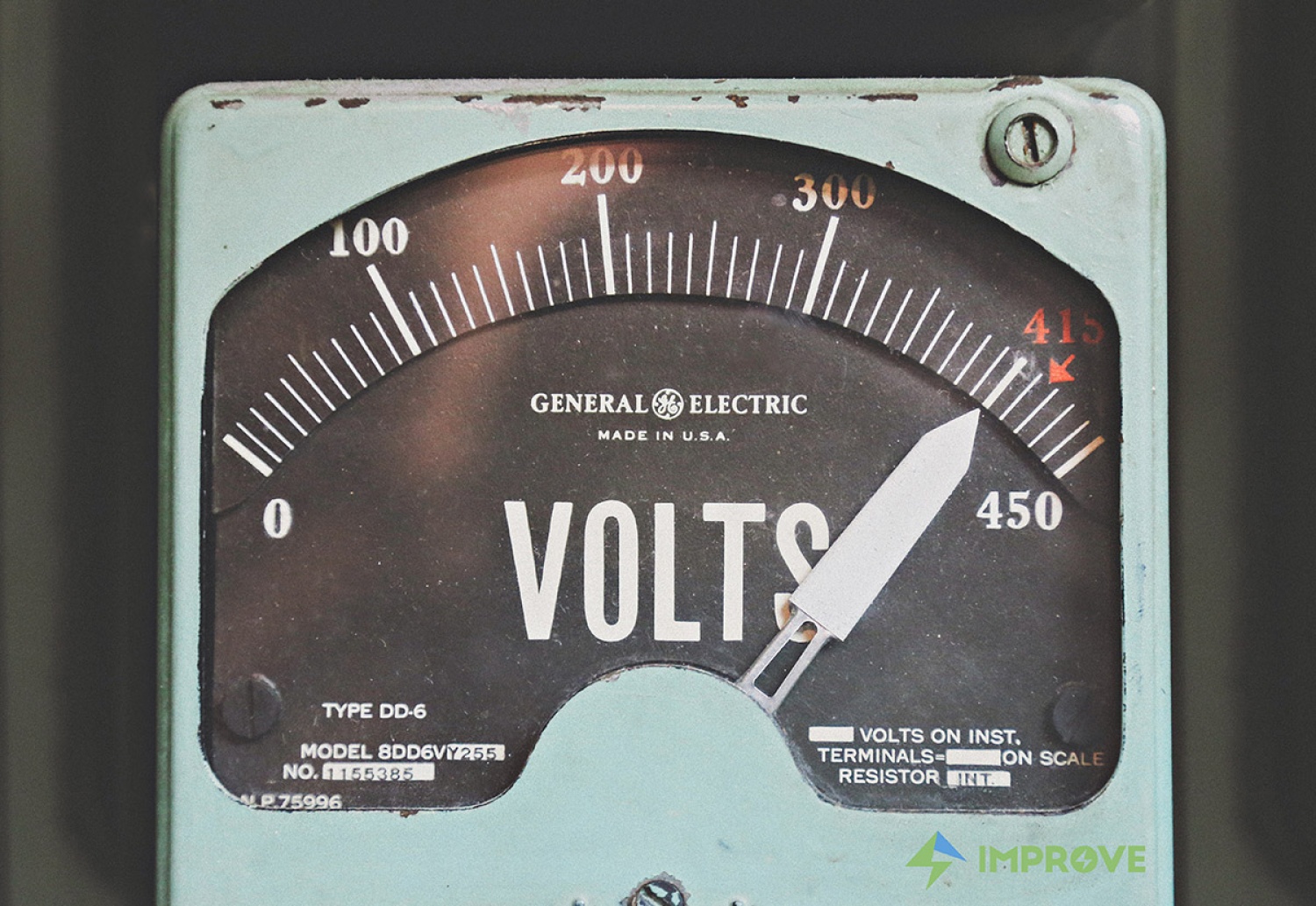
Charging Techniques and Charging Methods of LiFePO4 Battery
Lithium iron phosphate battery charging skills
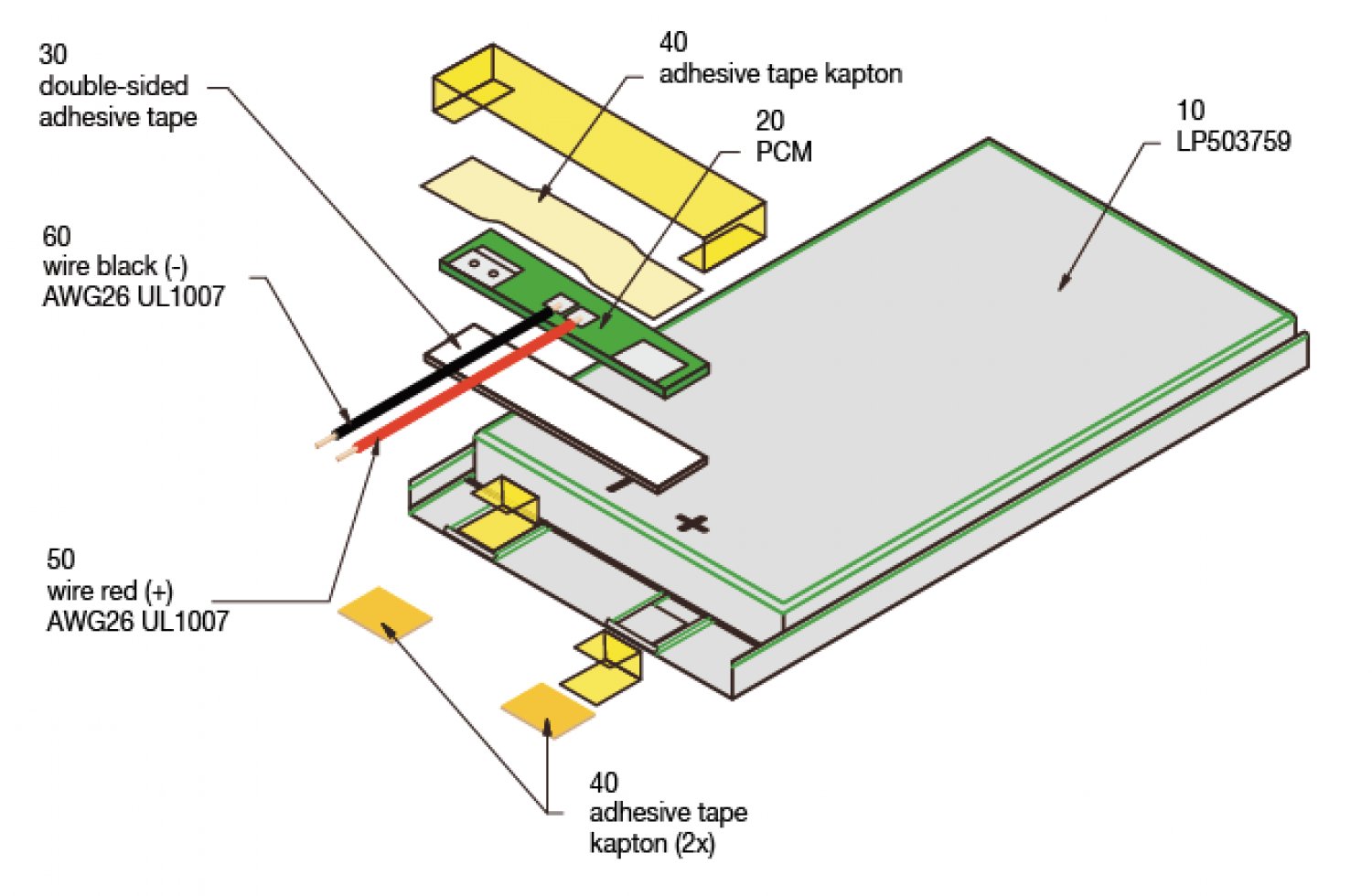
Lithium Polymer Battery in Details
Lithium polymer battery can be divided into liquid lithium ion batteries, polymer lithium ion batteries or plastic lithium ion batteries, depending on the electrolyte materials used.
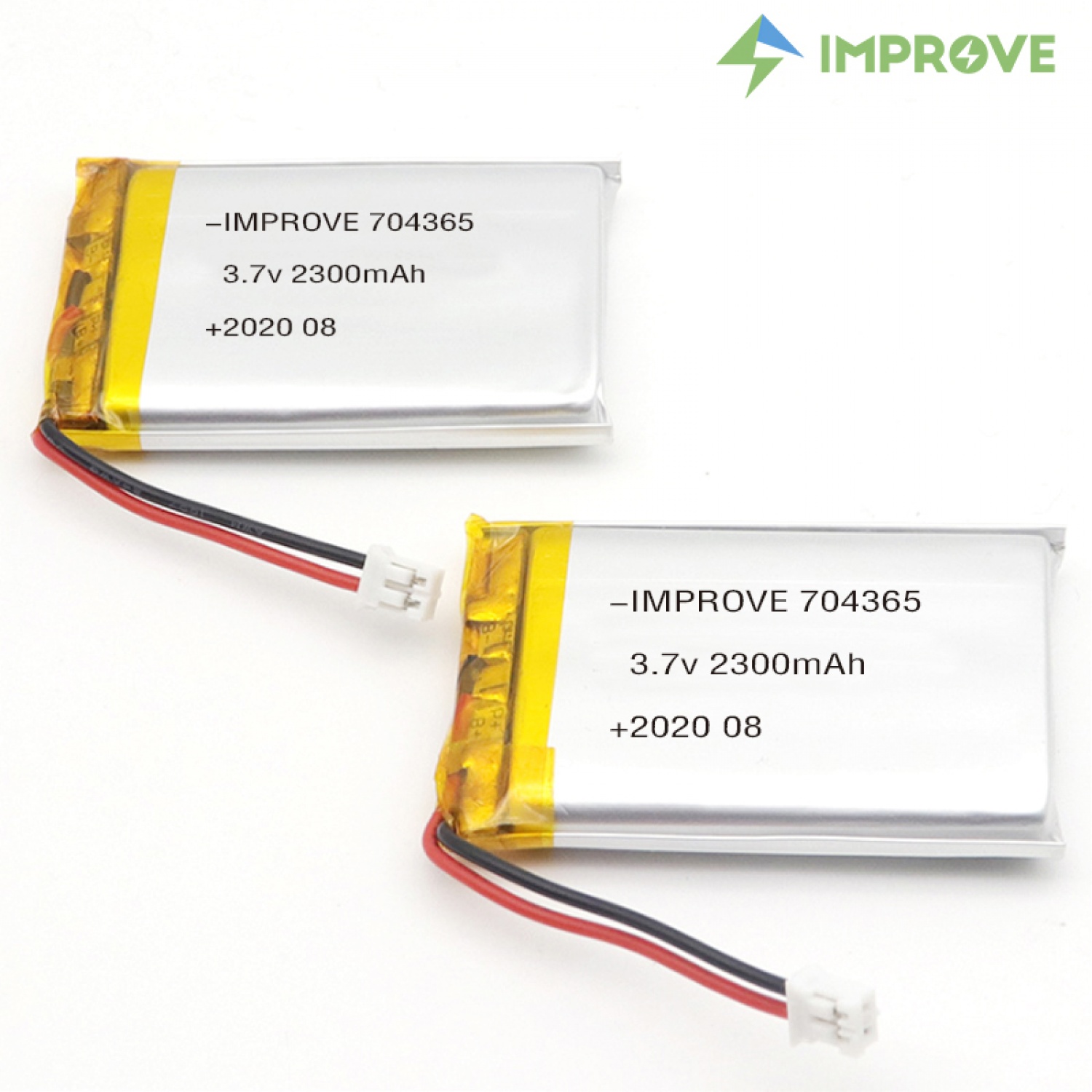
Advantages of Polymer Lithium Battery
Polymer lithium batteryhas lighter weight. Thinner, higher energy density and safety features are widely favored by customers at home and abroad.
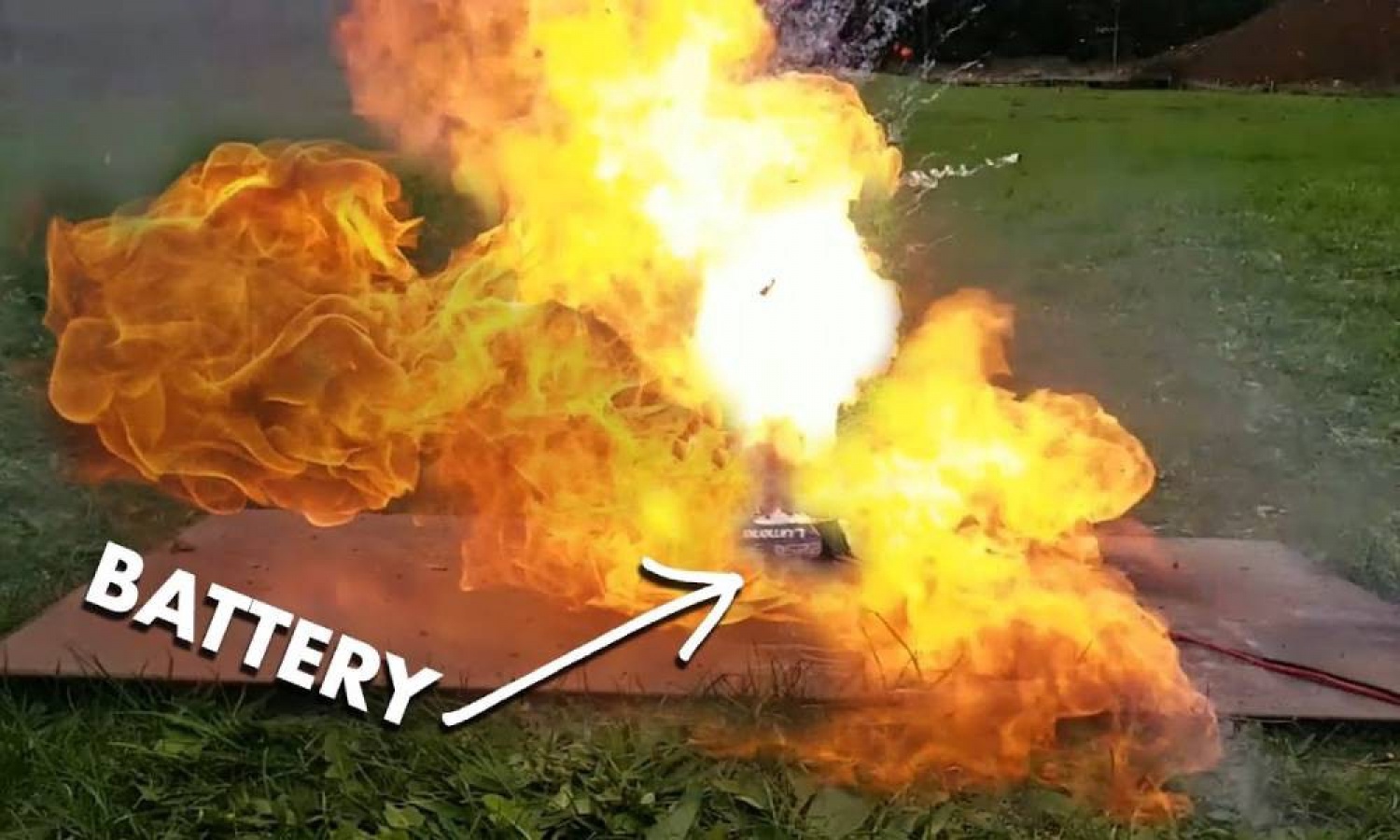
Is It Possible to Blow up a LiFePO4 Cell?
In general, lithium iron phosphate batteries do not explode or ignite. LiFePO4 batteries are safer in normal use, but they are not absolute and can be dangerous in some extreme cases. It is related…

How to Choose the Best LiFePO4 Battery 12V 100Ah?
To choose LiFePO4 battery, you should make sure your requirements at first, once this done, it;s easy to find fhe correct product for your useage. Improve battery can provide many kinds of LiFePO4 battery with good quality.
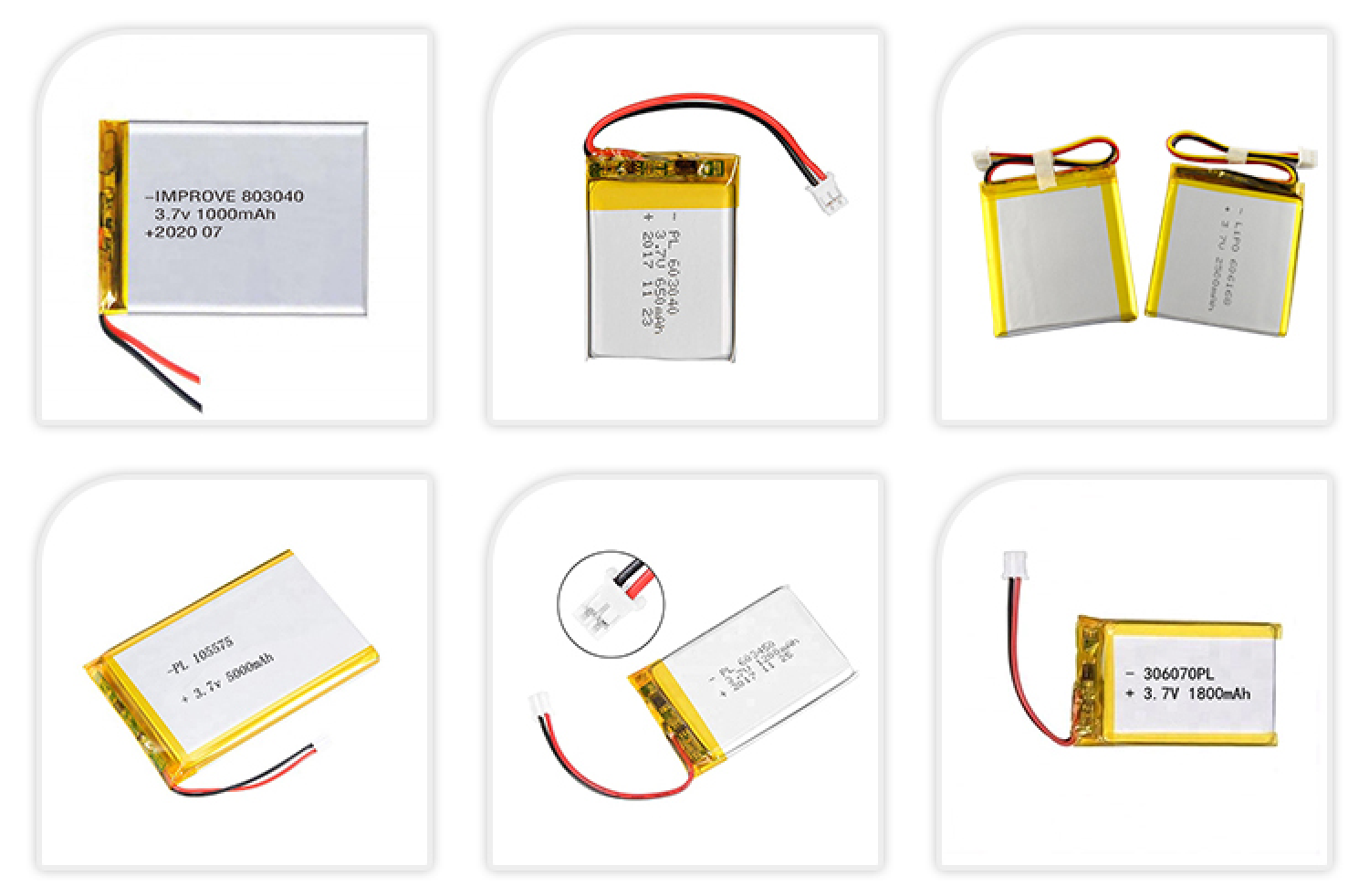
Lithium Polymer Battery Maintenance Tips
Lithium polymer battery, everyone should know about it, it is a newly developed lithium electronic battery, it is characterized by relatively stable voltage, long battery life, clean and non-polluting to the human body
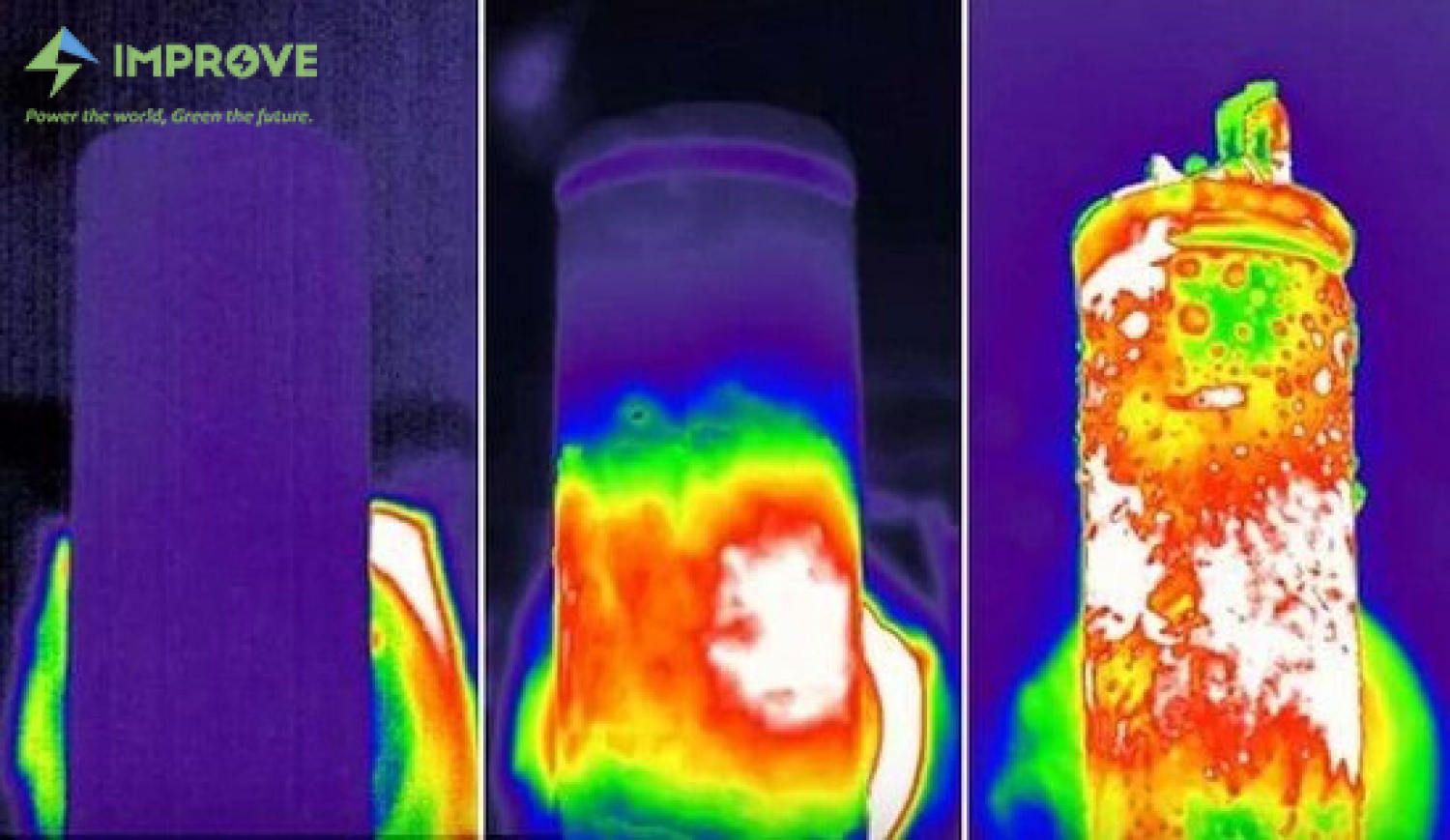
Are Lithium Polymer Batteries Safe?
The biggest advantage of lithium polymer battery is small size, light weight, convenient to carry, has become the ideal energy of consumers favor gaze in the choice of lithium polymer battery must be within the range of reasonable voltage capacity
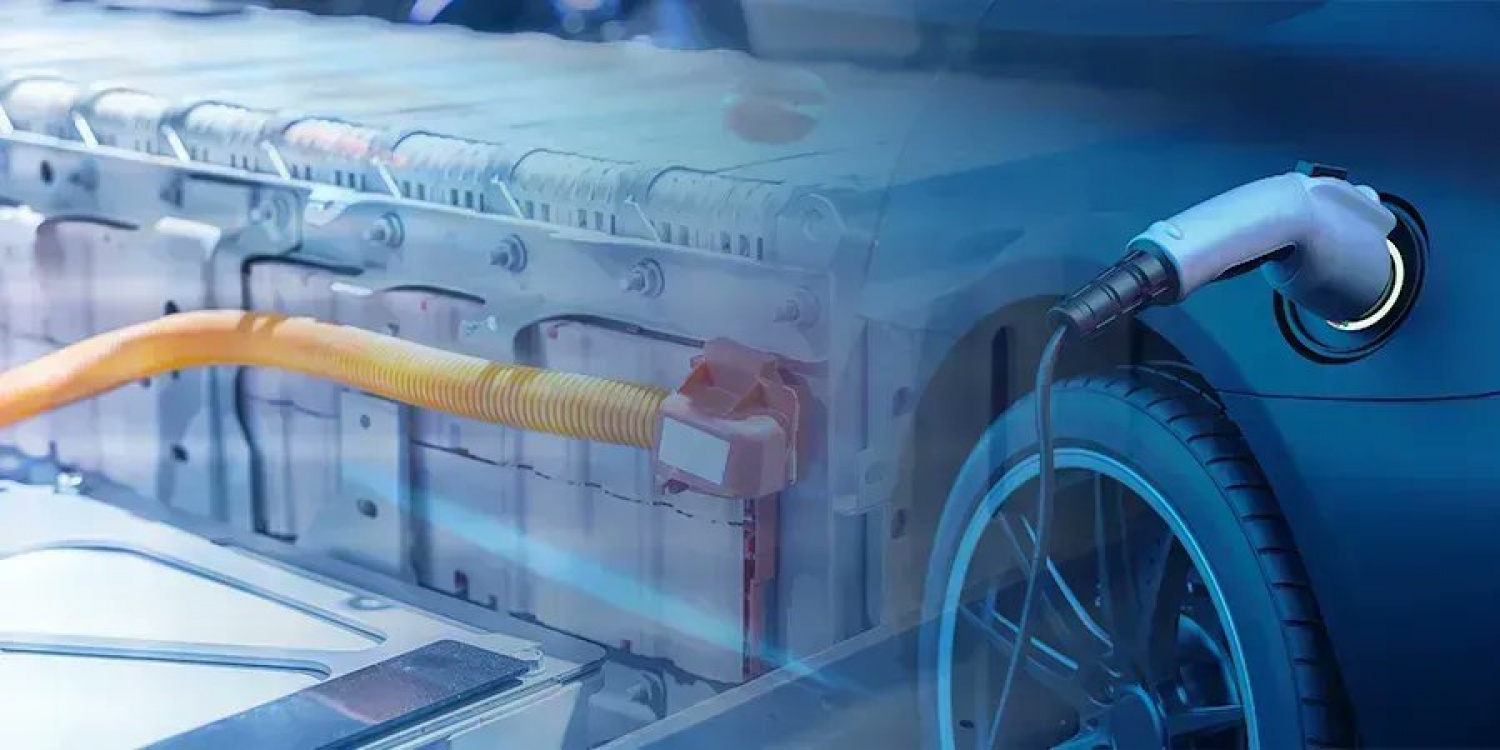
Top 10 Lithium Battery Manufacturers in China
There are many lithium battery manufacturers. With the rapid development of new energy vehicles and UPS storage, the market demand for lithium batteries has increased, and more and more companies have begun to enter the lithium-battery industry.
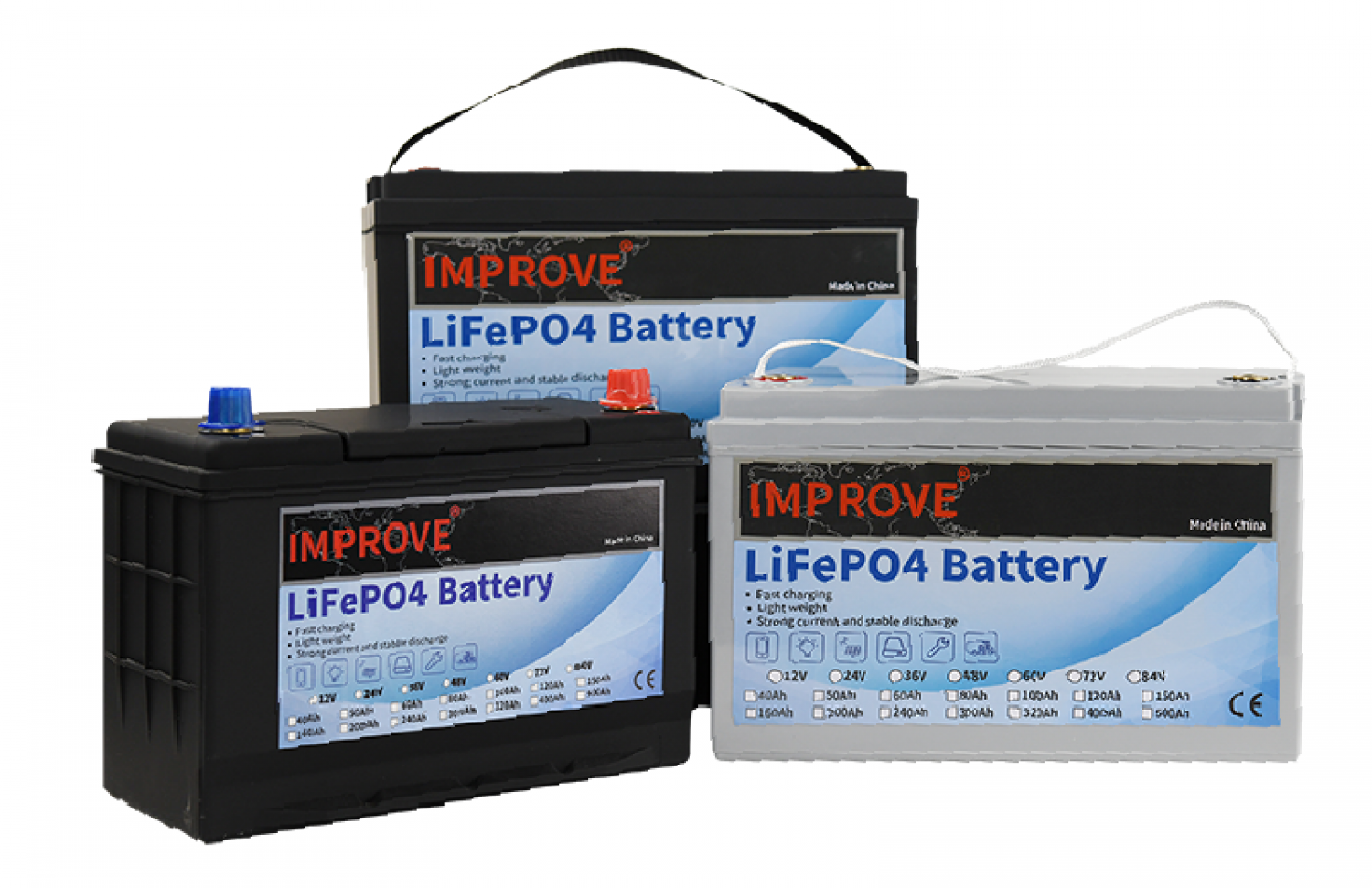
What Is LiFePO4 and Why Is It a Better Choice?
All lithium chemistries are not created equal. In fact, most American consumers – electronic enthusiasts aside – are only familiar with a limited range of lithium solutions.
